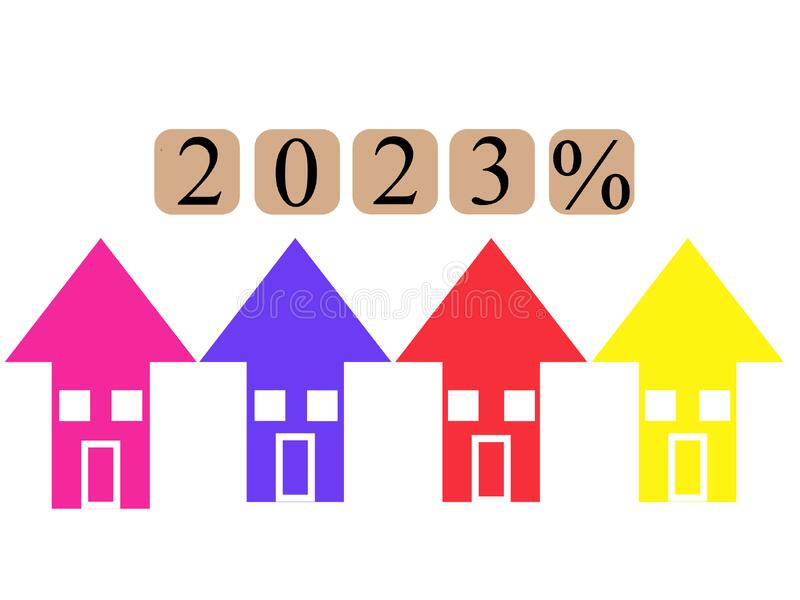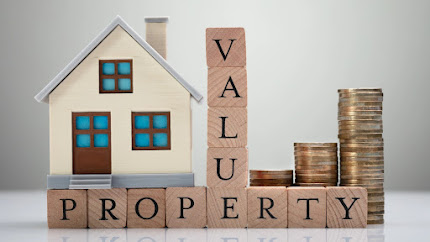How to Determine the Market Value of Your Property in Today's Climate?
How
to Determine the Market Value of Your Property in Today's Climate
Introduction:
If you own commercial property, determining its market
value is essential. Knowing the value of your property can help you make
informed decisions about leasing, selling, or refinancing. In today's climate,
factors like economic uncertainty and changing market conditions can make it
challenging to determine your property's value accurately. In this blog post,
we'll discuss how to determine the market value of your property in today's
climate using commercial property valuation methods.
Understanding
Commercial Property Valuation
Commercial
property valuation is a process that involves determining the value of a property
based on its current market conditions. The value of a property is determined
by analyzing various factors, such as the property's location, size, condition,
and economic environment. Commercial property valuation is typically carried out by a qualified property valuer, who uses
various methods to determine the property's value.
Method
1: Comparable Sales Method
The comparable sales method involves comparing the value
of your property to other similar properties recently sold in the same
location. This method is commonly used for valuing commercial properties, as it
accurately represents a property's market value.
To determine the market value of your property using the
comparable sales method, your property valuer will research recent sales of
similar properties in your area. They will then adjust based on the differences
between your property and comparable properties to arrive at an accurate
valuation.
Method
2: Income Capitalization Method
The income capitalization method determines the value of
income-producing properties, such as rental properties or commercial buildings.
This method involves estimating the property's net operating income (NOI) and
applying a capitalization rate to arrive at the property's value.
To use this method, your property valuer will first
estimate the property's potential income by analyzing its rental history and
market rental rates. They will then subtract the property's operating expenses
to determine the net operating income (NOI). Finally, they will apply a
capitalization rate to the NOI to determine the property's value.
Method
3: Cost Approach Method
The cost approach method involves estimating the cost of
rebuilding the property from scratch and subtracting the depreciation. This
method is commonly used for valuing newer buildings or properties that have
undergone significant renovations.
To use this method, your property valuer will estimate
the cost of rebuilding your property from scratch, including the cost of
materials and labor. They will then subtract the property's depreciation to
arrive at its value.
Factors
That Can Affect the Market Value of Your Property
Several factors can impact the market value of your
property, including:
●
Location: The location of your property
is one of the most significant factors that can affect its value. Properties in
prime locations, such as city centers or near public transportation, are
typically more valuable than properties in less desirable areas.
●
Property condition: The condition of your
property can also impact its value. Properties that are well-maintained and in
good condition are typically more valuable than properties that require
significant repairs.
●
Economic environment: The current economic
environment can also impact the market value of your property. Economic
conditions like interest rates, inflation, and unemployment rates can affect
property values.
Conclusion
Determining the market value of your property is
essential if you want to make informed decisions about leasing, selling, or
refinancing. Commercial property valuation methods, such as comparable sales,
income capitalization, and cost approaches, can help you arrive at an accurate
valuation.



Comments
Post a Comment